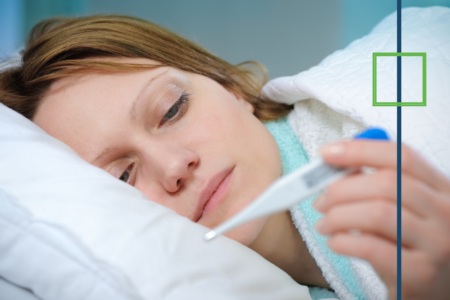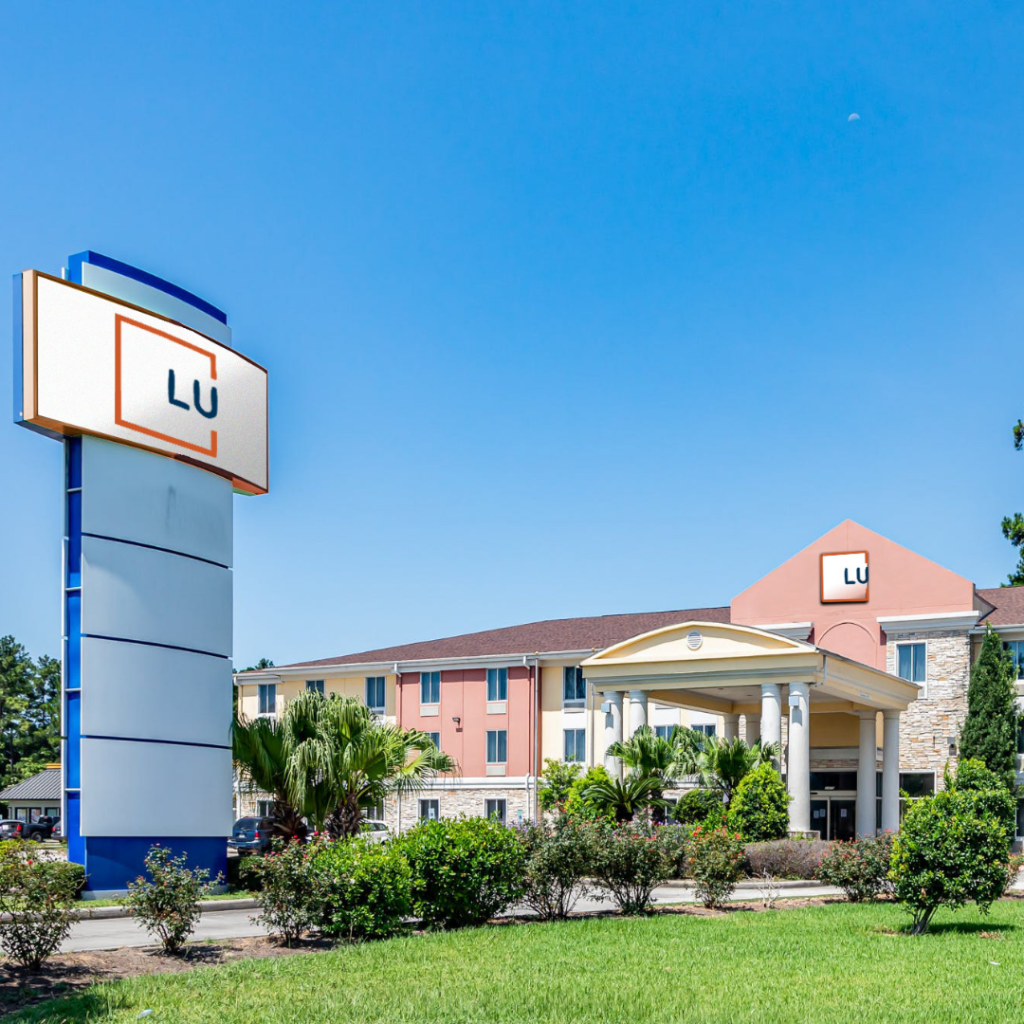What is GHB?
Gamma-hydroxybutyrate (GHB) is a popular drug of abuse because of its euphoric, anabolic, sedative, and amnestic properties. Cessation of GHB drug may be life-threatening and results in tremor, tachycardia, insomnia, anxiety, delirium, hypertension, coma, or death. In addition, Gamma-hydroxybutyrate quickly produces GHB addiction and physical dependence at higher doses and can have severe withdrawal symptoms after only short-term use.
Much like alcohol withdrawal, GHB addiction withdrawal symptoms are severe and include tachycardia, hallucinations, and coma. The good news is that it’s never too late for you to ask for help and get into GHB detox, to know more about this addiction.
Therapeutic and recreational use of GHB can lead to dependence. The withdrawal syndrome may be challenging to diagnose in the ICU because of similarities with delirium tremens. According to National Center for Biotechnology Information, the seizure may be an essential feature of the withdrawal syndrome. [1]

Gamma-hydroxybutyrate (GHB) is a Schedule I controlled substance (a commonly used club drug) because it has no accepted medical uses and has a high potential for abuse.
GHB Street Names
- Grievous Bodily Harm
- Georgia Home Boy
- Soap
- X
- Liquid ecstasy
- Scoop
- Goop
GHB is habitually taken orally in a clear liquid form. It has a slightly salty taste and is frequently in a mixture with another liquid, such as juice or alcohol to cover up the flavor. GHB may be taken alone or combined with other drugs, particularly alcohol. Some people use it with stimulants, marijuana, and hallucinogens, intensifying the dangers of abusing the substance alone.
GHB Addiction Side Effects
GHB is produced naturally in the body as a metabolite of the inhibitory neurotransmitter GABA in small amounts. (GABA/Gamma-aminobutyric acid – a naturally occurring amino acid that works as a neurotransmitter in your brain)
Though its mechanism of activity isn’t entirely clear, the molecule itself may have some action as a GABA-B receptor agonist. When consumed as a drug, the intoxicating influences of GHB may be challenging to distinguish from those of other CNS depressant substances. GHB has a range of short-term effects. Often lasting between 2-4 hours, and these may include:
- Euphoria
- Reduced anxiety
- Drowsiness
- Disinhibition
- Increased sociability
Although some users see the intoxicating effects of GHB drugs as pleasing, they can be hazardous substances. The range between safe and toxic is minimal, and there is no antidote for GHB drug overdose. Furthermore, at large doses, GHB can result in a variety of hazardous side effects, including:
- Dizziness
- Memory Loss
- Confusion
- Visual Hallucinations
- Nausea and Vomiting
- Seizures
- Reduced Body Temperature
- Slowed Heart Rate
- Respiratory Depression
- Decreased Muscle Tone
- Unconsciousness
- Coma
- Death
As with other sedatives, such as benzodiazepines, some GHB users may be at risk of a paradoxical reaction distinguished by aggressive or excited behavior. As a result, their actions may be unpredictable and can double their risk of injury due to accident or assault with impaired judgment and coordination.
Chronic Use & Physical Dependence
Chronic GHB users can develop physical dependence and encounter the onset of withdrawal symptoms with the abrupt discontinuance of or reduction in use. Further, suppose someone dependent on the drug continues to use it to avoid or minimize withdrawal symptoms. In that case, they place themselves at a higher risk of cementing the compulsive patterns of substance use common to GHB addiction.
GHB Addiction & Withdrawal Management
Find medical support for planned GHB detoxification and do not attempt to stop abruptly on your own. If you want to reduce your dose, do so in minimal amounts until you find medical support.
At a low dose, it causes euphoria, and it is both sedative and amnestic. However, it has a narrow therapeutic window, and overdose can provoke cardio-respiratory arrest.
GHB has a short half-life and is often not exposed by urine toxicology screening tests. It can be seen using mass spectroscopy, but delays in this process make screening not that helpful clinically. Diagnosis is therefore based on history either from the client or from third parties.

Standard features of withdrawal usually surface six to 24 hours after the client’s last drink and include: [2]
- Tremor
- Sweats
- Nausea and Vomiting
- Poor Appetite
- Diarrhea
- Headache
- Anxiety/Restlessness
Other Signs of GHB Withdrawal Syndrome may include:
- Elevated Heart Rate and Blood Pressure
- Seizures
- Development of Confusion or Delirium
More acute withdrawal can be prolonged, and agitated delirium can be the initial presentation. This can be confused with intoxication with a hallucinogen or stimulant.
On incidents with severe withdrawal, rhabdomyolysis with secondary renal failure can happen. In addition, Wernicke-Korsakoff Syndrome has been reported in association with GHB withdrawal. It is important to find GHB withdrawal help, medical-assisted process is the most recommendable type to deal with the symptoms.
Withdrawal Management [3] focuses on the following:
- Prevention of severe withdrawal
- Reducing the risk of injury (self/others) due to altered mental state
- Reducing the risk of dehydration, electrolyte, and nutritional imbalance
- Preventing Seizures
- Identification and treatment of concurrent medical conditions that can mask or mimic withdrawal or complicate the withdrawal process
Types of GHB Addiction Withdrawal
- Mild to moderate withdrawal without delirium effects. If your GHB withdrawal is mild to moderate, you will experience anxiety, tremors, and insomnia, but remain normally interactive and lucid. Without signs of hallucinations or delirium. You are also at a lesser immediate risk for severe complications. But, may continue to a state of agitated delirium. Inpatient detoxification is a recommended treatment at this stage.
- To prevent acute decompensation, your doctor might treat your symptoms. Like diaphoresis, insomnia, anxiety, and tremors aggressively with sedative-hypnotic agents, such as Diazepam. Also, barbiturates such as phenobarbital and pentobarbital may be used. Your caregivers will monitor your pulse, mental status, and vital signs. With vitals reviewed approximately every two hours. Even though it’s possible to treat mild GHB withdrawal at outpatient centers, it is safer for you to be treated at an inpatient detox rehabilitation center.
- Severe withdrawal with delirium effects. In severe withdrawal, you are at risk of self-harm and complications. Such as seizures, rhabdomyolysis, or hyperthermia, and will require treatment with large doses of sedatives. You will require close surveillance in an intensive care unit. Or rehab clinic to monitor your cardiac and pulse conditions. Respiratory depression because of high doses of sedatives used to control your withdrawals may require closer attention. As soon as your agitated state is under control and intravenous sedatives are no longer required, you may no longer need inpatient treatment.
GHB Detox Timeline & Protocol
As part of a supervised medical detox program, medical professionals monitor withdrawal progress to assure that significantly troublesome symptoms and complications are in proper management appropriately. In many cases, GHB withdrawal is linked with few severe physical symptoms; nevertheless, specific withdrawal effects may intensify and may even be fatal in some cases.
Less severe withdrawal syndromes will typically include supportive care; however, in addition to supportive care, more severe cases may necessitate quick medical action to address possible complications like seizures and agitation.
In supervised detox programs, close monitoring of withdrawal symptoms allows medical and mental health professionals to guarantee your safety. They will also prescribe supportive medications such as sleep aids for insomnia and sedatives for severe anxiety and seizure management when required.
GHB is a dangerous substance, and its chronic use can negatively affect your health and wellbeing. When it comes to compulsive use, just quitting can be difficult and may not be advisable due to potentially dangerous acute withdrawal manifestations. To determine if you need a medical detox program to keep you safe and comfortable during the withdrawal phase of early recovery, you should undergo evaluation with medical doctors.
GHB Overdose
The risk of overdose increases when GHB is combined with other drugs such as alcohol. High doses of GHB, even without other illicit substances or alcohol, may result in profound sedation, seizures, coma, severe respiratory depression, and death.
Common signs of GHB addiction overdose include:
- Vomiting
- Loss of a gag reflex
- Loss of control over bodily movements
- Shaking, tremors, or seizures
- Loss of consciousness and unresponsiveness
- Absence of pain response
- Rapid side-to-side eye movement
- Profuse sweating
- Lowered body temperature
- Breathing that has slowed below 15-20 breaths per minute (respiratory depression)

Avoiding overdose cases and dependence on these drugs with a GHB detox program in a treatment facility.
Evaluation, GHB Addiction Detox, Treatment
By evaluating the details of your substance use history, they can better assess factors such as addiction severity; the magnitude of physical dependence, and the possibility of a severe and complicated withdrawal to guide their recommendations for the suitable level of treatment.
The course of either inpatient or outpatient substance treatment will vary greatly, depending on the needs of the individual; including how severe their GHB addiction is if they are using other drugs and if they have other mental health issues in addition to addiction.
We Level Up treatment TX center can help with inpatient therapy programs exclusively. Depending on the extent of addiction we can first help assess your condition and thereafter guide you to suitable treatment options. We do not provide outpatient and PHP services at this time. Call to learn more.
GHB Addiction Treatment at We Level Up Texas Rehab Center

For anyone who suffers from GHB addiction, just the thought of having to stop using can cause severe mental distress. But, with the help of a medical detox center, the medical detox process is manageable. In addition, a comprehensive team prescribing medications can alleviate your withdrawal pains while monitoring your health 24 hours.
We are assuring both your safety and comfort.
At We Level Up TX, our thorough approach to rehabilitation supports several levels of care to ensure the best possible outcome for every client who enters our doors. From an intensive and more supportive atmosphere for those in the early days of recovery to a comfortable residential-style living dynamic upon completion of detox, we are here to help guide you down the safe and results-based path to your sobriety.
To start reclaiming your life from GHB addiction and undergo a comfortable detox, you may contact us, and we will guide you to recovery. Seek medical care immediately if you have taken too much GHB/GBL. So, do not use other drugs in the hope of reversing the effects.
Sources:
Sources:
[1] Baclofen and Gamma-Hydroxybutyrate Withdrawal – National Center for Biotechnology Information, U.S. National Library of Medicine
[2-3] Gamma hydroxybutyric acid (GHB) withdrawal management – SA (South Australia) Health
[4] We Level Up FL – Treatment » GHB Detox